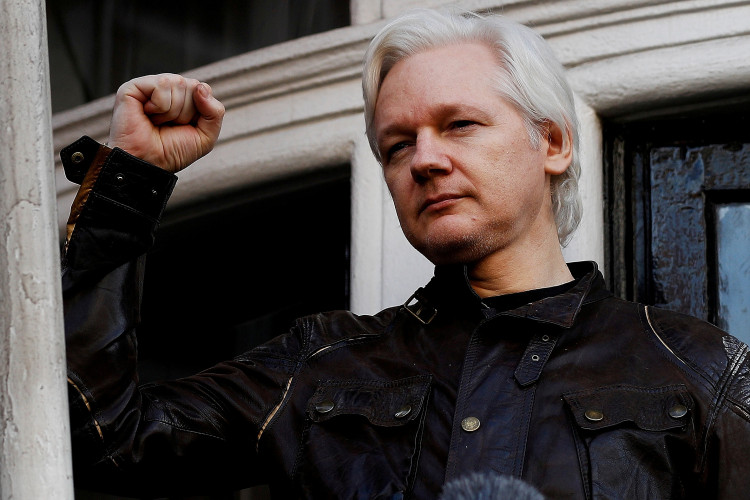Julian Assange, the embattled WikiLeaks founder, is currently embroiled in what could be his final legal challenge within the U.K. courts to avert extradition to the United States, where he faces espionage charges. During a two-day High Court hearing, Assange's legal team contended that the U.S. seeks to penalize him for his role in unveiling grave misconduct by American authorities, including war crimes. Edward Fitzgerald, Assange's attorney, emphasized the risk of a "flagrant denial of justice" awaiting Assange in the U.S.
The legal proceedings unfolded without Assange's presence; the 52-year-old Australian opted not to attend due to health concerns, despite being granted permission to leave Belmarsh Prison for the hearing. Stella Assange, his wife, highlighted his deteriorating health, exacerbated by his prolonged legal ordeal and imprisonment.
Assange's saga began with WikiLeaks' publication of classified U.S. documents nearly 15 years ago, which the U.S. alleges endangered lives by exposing the identities of individuals in conflict zones who had assisted American forces. To his advocates, however, Assange is viewed as a journalist who shed light on U.S. military malfeasance, arguing that his prosecution is politically motivated and an affront to press freedom.
The case has sparked widespread debate and demonstrations, with supporters rallying in London and various global cities, advocating for Assange's freedom and against his extradition. Legal advisor Simon Crowther from Amnesty International warned of the broader implications for journalistic freedom should Assange be extradited and successfully prosecuted in the U.S.
James Lewis, representing the U.S., argued that Assange's indictment is justified due to the "serious criminal offenses" he is alleged to have committed, asserting that his actions compromised U.S. national security and endangered lives.
Assange's legal battles date back to 2010, following allegations of sexual assault in Sweden, which led him to seek asylum in the Ecuadorian Embassy in London. He was evicted in 2019, leading to his current incarceration in Belmarsh Prison. The initial U.K. court ruling against his extradition was overturned after the U.S. provided assurances regarding his treatment; the British government subsequently signed an extradition order in June 2022.
In a recent development, the Australian parliament called for Assange's return to his native country, reflecting growing international concern over his case. The High Court judges, Sharp and Johnson, are anticipated to deliberate on the matter, with a decision expected in the coming weeks.
This pivotal case underscores the complex interplay between national security, press freedom, and individual rights, with significant implications for journalistic practices and the treatment of whistleblowers internationally.






